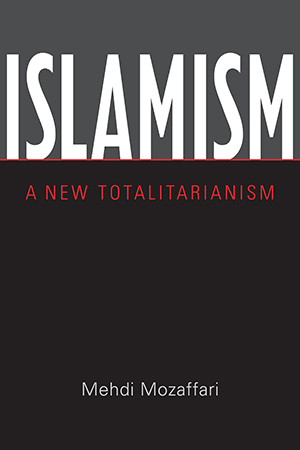What exactly is Islamism? And what explains its violent expansion in recent decades? Why are Islamists so determined to change the world order? Are there similarities between Islamism and classical totalitarian regimes and ideologies? Will it fail, as those regimes did in Nazi Germany and the Soviet Union—or can it adapt effectively to changing realities? What are the fundamental strengths and weaknesses of the Islamic project?
Addressing these questions within a context both historical and global, Mehdi Mozaffari provides an important new framework for understanding the full impact of Islamism in the Middle East and beyond.
Mehdi Mozaffari was an anti-shah activist, but equally against Iran’s 1979 Islamist revolution—which led to his escape "from the revolution ... leaving behind my country, my birthplace, my belongings, my career at Tehran University, my friends, my family." His subsequent academic career has been motivated in no small part, as he writes, by "the thirst to understand this phenomenon that so drastically changed my life, as well as the lives of all Iranians, and even the general situation in the Middle East, with an important impact on world politics." He is now professor emeritus of political science at Aarhus University in Denmark.
No rights in Austria, Germany, and Switzerland"A provocative, necessary, and divisive work.... Every sentence of this book can and should be used to spark off an intense debate on comparative studies regarding politics and religion."—Tomás Dodds, Democratization
"A welcome addition to the existing literature on this most complex phenomenon." —Tauseef Ahmad Parray, The Muslim World Book Review
"Timely and important.... a book that finally makes Islamism intelligible to Western students of history and politics."—Roger Griffin, Oxford Brookes University
"An important contribution to debates on the role of totalitarian ideologies and movements in the 21st century."—Uwe Backes, Hannah Arendt Institute, TU Dresden
From the reviews of the Danish edition:
"With its conceptual clarifications and analytical tools, [this book] opens the door to an understanding of the relation between Islam, Islamism, Islamization, and events in the Middle East."—Lone Nørgaard, Jyllands-Posten
"Takes the debate about Islamism to a new and higher level of information and reflection."—Frederik Stjernfelt, University of Copenhagen








